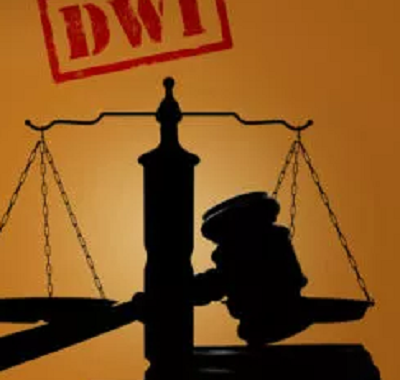The Changing State of DWI Law in New Jersey
DWI law in New Jersey is in a state of flux reflecting substantial recent changes which have created uncertainty and confusion in enforcement and prosecutions of DWI complaints. This allows defense counsel more and better opportunities to defend their clients.
Breath Testing Devices
Most prominent among these changes is the State’s introduction of a new breath testing device to determine Blood Alcohol Content (referred to as “BAC”) of defendants charged with DWI. Intoxication in New Jersey (and throughout the United States) is usually determined by breath test results where a BAC is .08% or greater. Obviously, the device must first be determined to be scientifically reliable, before trial courts can use results to determine whether a driver operated a vehicle under the influence of alcohol.
The State however, placed these devices in service before our Supreme Court could even begin the evaluation process. Consequently, all DWI prosecutions with breath test results from this device have been stayed (delayed) until vetted by the Supreme Court and then approved. Due to ongoing delays, this decision is not expected until late in 2026. It is uncertain how Municipal Courts will be able to resolve their pending cases along with those stayed, which will have accumulated for almost two years.
Ignition Interlock Device
Also, in one of the most significant changes in New Jersey DWI laws, recently adopted legislation allows most drivers convicted of DWI to be able to continue to drive, even after conviction for second, third or subsequent offenses with installation of an Ignition Interlock Device. This new law allows for a one-day credit against suspension time after two days of installation.
Unfortunately, the language of the new law is confusing, with the Sponsor of the legislation stating that the intention of the law is different from what the law appears to say. It will take consideration from the appellate courts before we obtain clarification.
Varying Virtual Courts
Virtual courts appearances remain in use by almost all Municipal Courts. How they are used however, seems to vary from court to court, with courts in increasing numbers requiring in person appearances. Virtual courts while not perfect, provide efficiency and convenience, not possible when in person appearances are required.
Finally, our Supreme Court dealt a blow to Drug Recognition Evaluation opinion testimony both in our State and throughout the country with its decision in the Olenowski case. Before this decision, Municipal Courts frequently deferred to opinions offered by officers using DRE techniques. Now, these opinions have much less persuasive value.
It will be important to follow these changes to be able to understand the state of the law and how best to represent our clients in DWI prosecutions.
